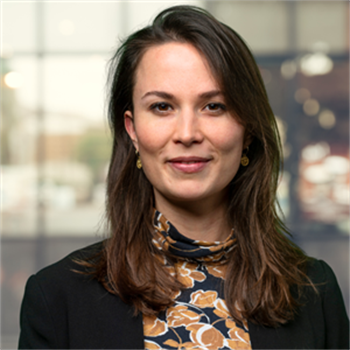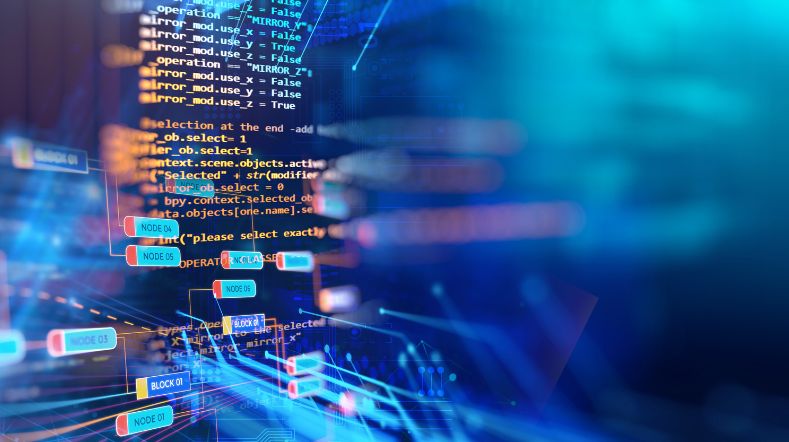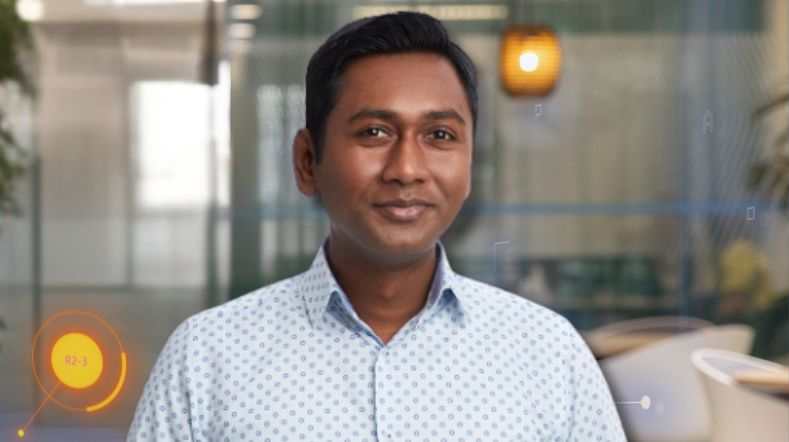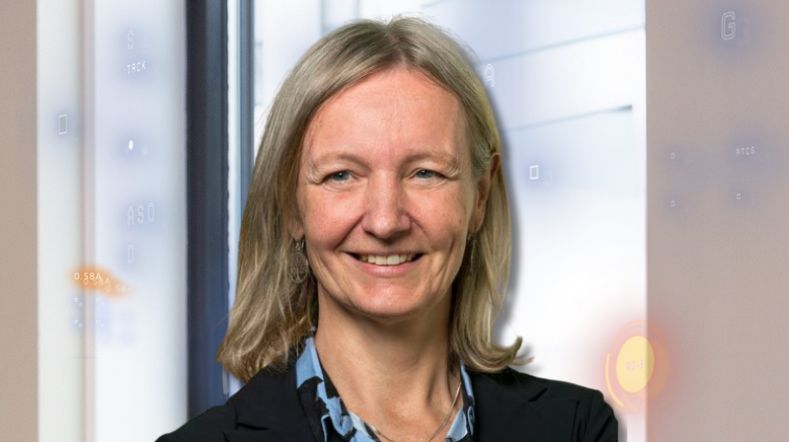
TNO’s view of 2030: Digital privacy and security for everyone
Privacy and cyber security are the cornerstones of our digital society. ‘Digital privacy and security for everyone’ is therefore one of TNO’s ambitious goals. We will ensure that by 2030, everyone will be able to send and receive data online securely, without any worries. Together with our partners, we are making this possible with smart innovations in data encryption, quantum-safe data sharing, and secure digital infrastructure.
Data on citizens is collected digitally from an early age. Not just Google and Facebook, but pretty much everything and everyone around us is collecting more and more data about us. This includes devices like smartwatches and navigation systems, but even hospitals do it to improve their services. In this article, Senior Consultant Erik Meeuwissen and Researcher Sarah van Drumpt talk about the ways TNO is working to make the internet secure.
Sending and receiving data securely
Sharing data accelerates innovation and helps solve challenges facing society. Take targeted poverty alleviation for example: government organisations use data insights to see who is entitled to support but currently does not receive it. Or think of hospitals developing better treatment methods through research based on patient data.

‘Researchers need to know which data belong to which patient to determine how a disease is progressing or how effective a treatment is, but we don’t need information about a person's specific identity.’
Sarah: "Dutch cancer researchers studying the population as a whole can now see more clearly than ever who is vulnerable to the disease, how to recognise symptoms early, and why treatments work differently in different people. At a time of rising healthcare costs, this knowledge is not just nice to have, but absolutely needed." To ensure that everything is done while respecting patient privacy, TNO is working to harness data using Privacy Enhancing Technologies (PET). This means that joint analysis can be carried out on sensitive data sharing only the outcomes, not all the data.
Owning your own data
In recent years, though, it has become clear that the amount of citizens’ own data that they have no control over is growing. At the same time, a large part of our private lives is being recorded in ‘digital environments’: from our financial affairs in banking apps and healthcare details in hospital information systems to borrowing a book from the library.

‘Society as a whole is going digital, and anything could go wrong. Simply put, we want to ensure that companies and organisations can effectively defend themselves against cyber attacks.’
Self-Sovereign Identity (SSI) technology allows citizens to own their data and choose who to share it with. The recipient can quickly verify the data shared electronically for authenticity and validity, for example. This involves the use of cryptographic technologies, allowing verifiable digital information to be shared efficiently and providing a high level of trust – even between parties who do not naturally trust each other.
Digital security across sectors: from finance, government, and tech to logistics
TNO is working on the basis that digital environments could be targeted over the coming years. That is why we have a range of ongoing research projects with partners in areas such as finance and government. More specifically, TNO focuses on technological niches that have not yet been covered.
Erik: ‘Working in this field remains a cat-and-mouse game, as cyber attacks are getting smarter and smarter. Another aspect to mention is that in the past, the focus of detection research at TNO has mainly been on office environments. But cyber attacks can also target vital processes. That can have a big impact on the economy and society. That is why we have also broadened the research to include operational technology (OT).’
Crucially, the quantum computer is also on the way, which offer wonderful opportunities for businesses and society. Erik: ‘All the encrypted information that we now communicate, process, or store can be saved for cracking later by a quantum computer. That is why we are already working on cryptosystems that can withstand both current computer and quantum computer attacks.’

‘Technology alone won’t solve all of our problems. Partnerships to ensure that our work has an impact within society are just as important.’
The future is 'self-healing' technologies
What does the future look like? Sarah: ‘In the digital world, we must remain vigilant about privacy, but I am confident that we can develop technology and regulations that effectively protect sensitive data and minimise the risk of misuse from the ground up.’
Erik: ‘We are also carrying out research into 'self-healing' technologies that can respond even faster to attacks and disruptions, just like the human immune system. AI will play a big role in this. But it remains still difficult to say what the future holds. And technology alone won’t solve all of our problems. Partnerships to ensure that our work has an impact within society are just as important.’
Get inspired
Rules as Code


Digitalisation and sustainability: how AI can help


Time setter story: Kallol Das


Digital Product Passport


Time setter story: Annemieke Kips



